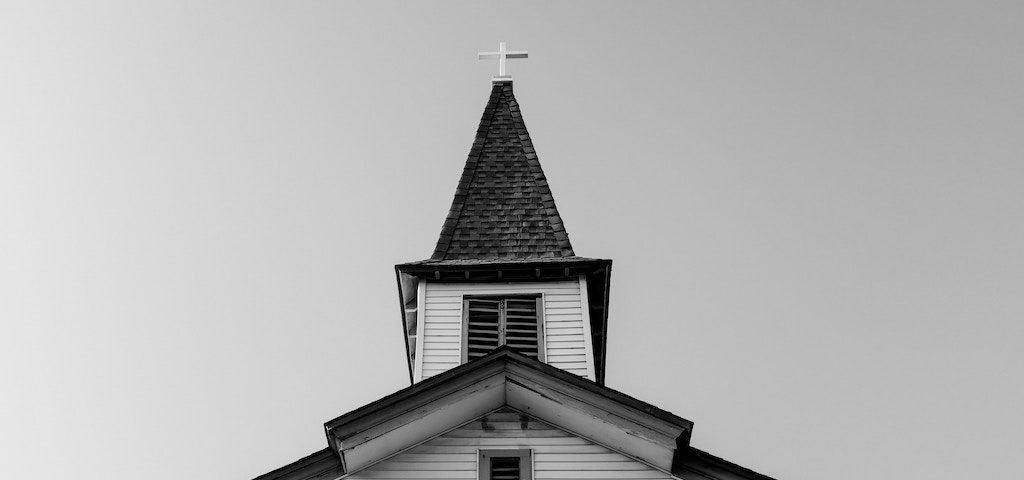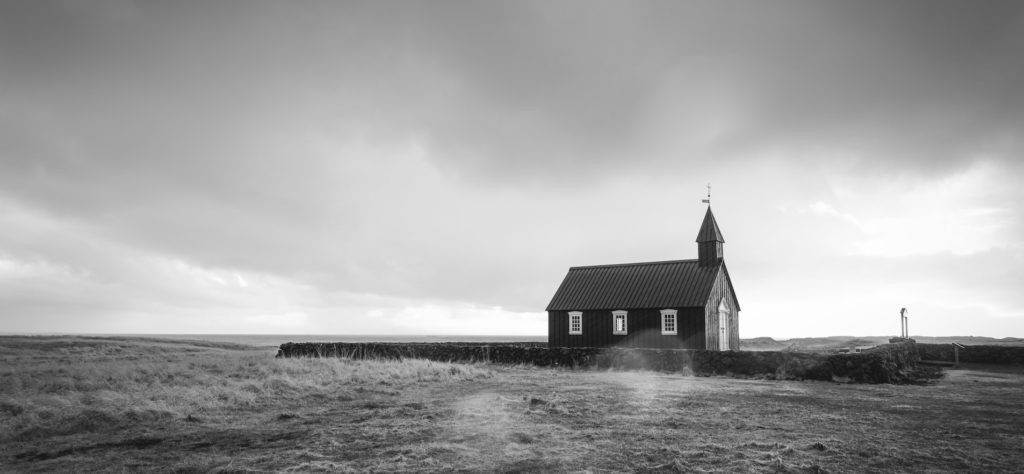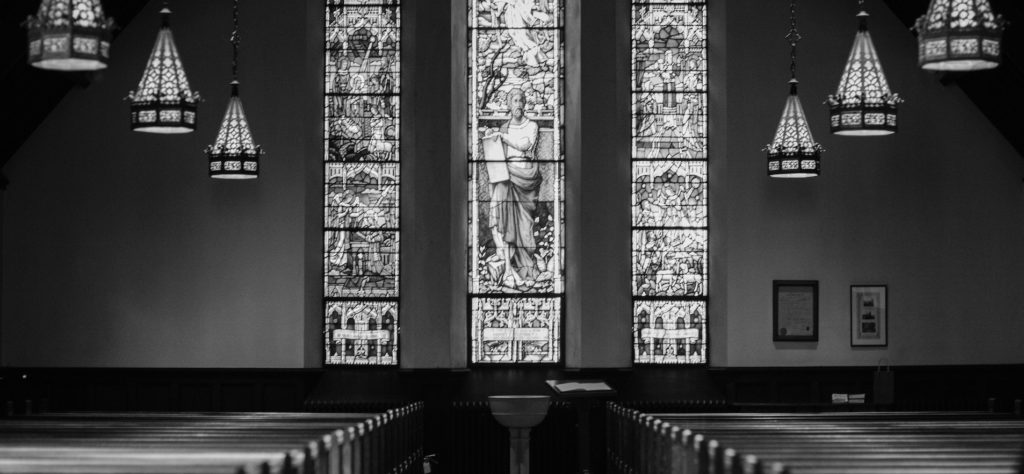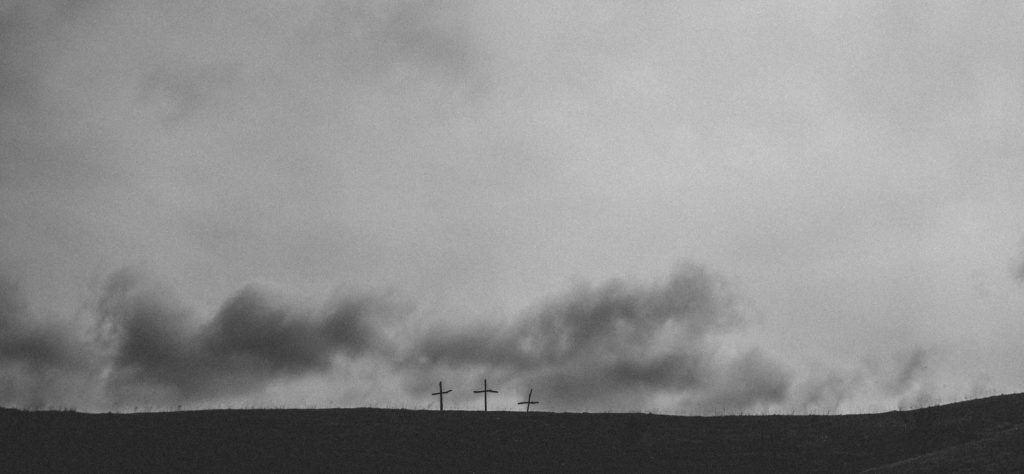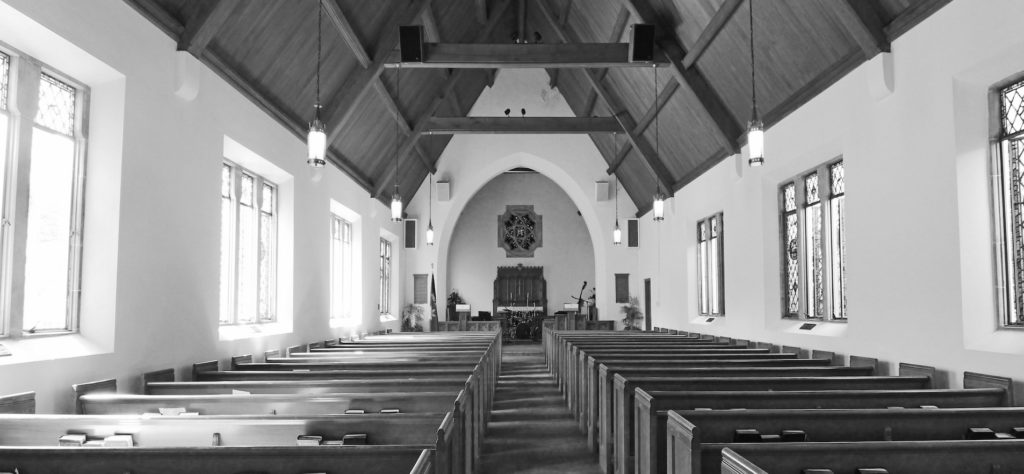Episode 138: The Five Masculine Instincts with Chase Replogle
In this episode we sit down with pastor and author Chase Replogle to talk about his book The Five Masculine Instincts. For more on Chase’s book and extra resources click here.

Be sure to subscribe to our YouTube Channel and follow us on Instagram, Facebook and Twitter to stay connected with us throughout the week!
First and foremost, I’m a pastor, and I’ve watched over the last few years how the topic of masculinity has become controversial conversation…
I was seeing the guys in my congregation struggle with this, and I wanted to create a book that offered a path towards a better conversation—a conversation about character…
The cultural ways of having this conversation are that either we need to deconstruct masculinity, or we need to indulge it… but what both of these approaches have in common is that they focus on externals rather than on the internal realities of a man…
I’m always careful to say that these “instincts” are not the five sins of man, nor are they the five expectations… the question is how we become mature men, given these instincts…
God initiated a conversation with Cain… I think that’s really profound… you’d imagine that Cain would ask God why he rejected his sacrifice… but he doesn’t… he acts impulsively and sarcastically…
Cain’s sarcasm is a thin veil for his contempt for God… his immaturity makes him reactive and winds up perpetually immature… he’s the picture of a lost adolescent, perpetually adrift…
For men—if you find yourself struggling to take things seriously, or find yourself immediately reactionary, God may be using precisely those things to make you a better man…
Samson has divine experiences in the midst of adventure, but instead of it enlightening him, he just indulges it and becomes less discerning…
This theme becomes larger and larger until he gives away his secret, I think, as a way of just being done with it… he’s sick of it all…
If you’re constantly trying to find meaning in adventure, and it’s weakening your commitments to place and family and vocation, then perhaps you’re putting something on adventure that it’s never going to be able to deliver…
A lot of pastors, in their search for adventure, are disrupting the framework of their congregations… we need to satisfy that thirst for adventure inside the boundaries of our lives…
